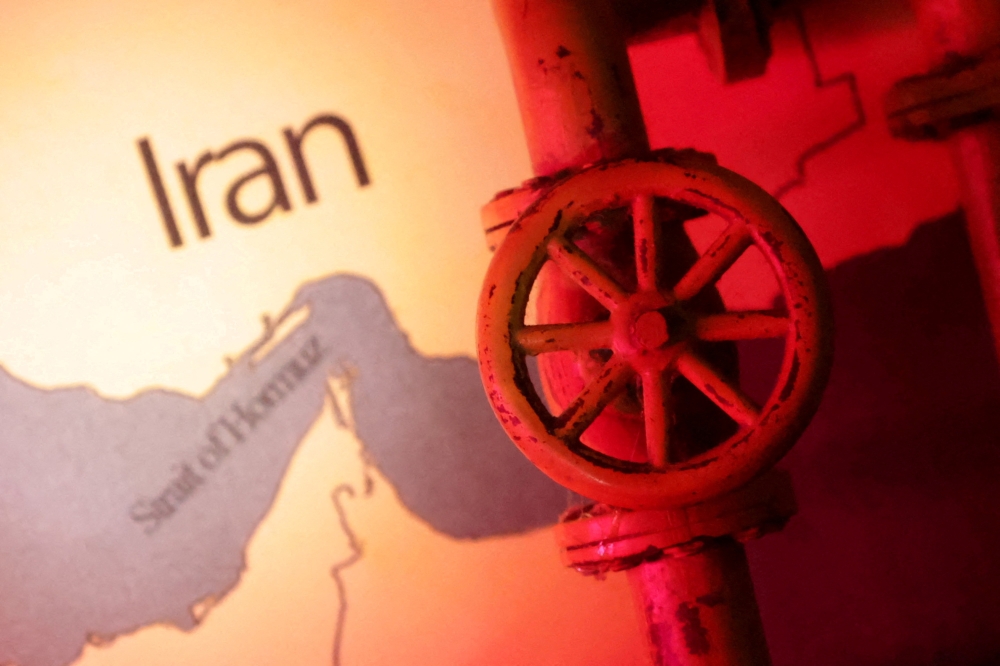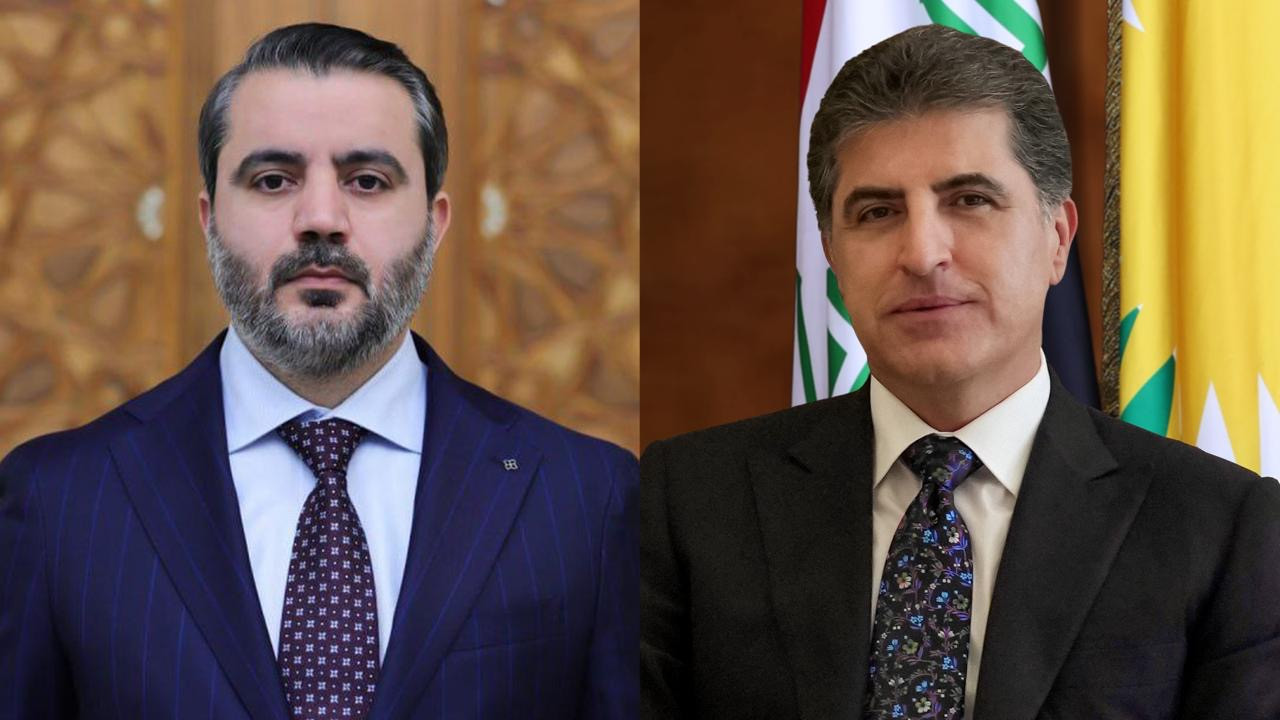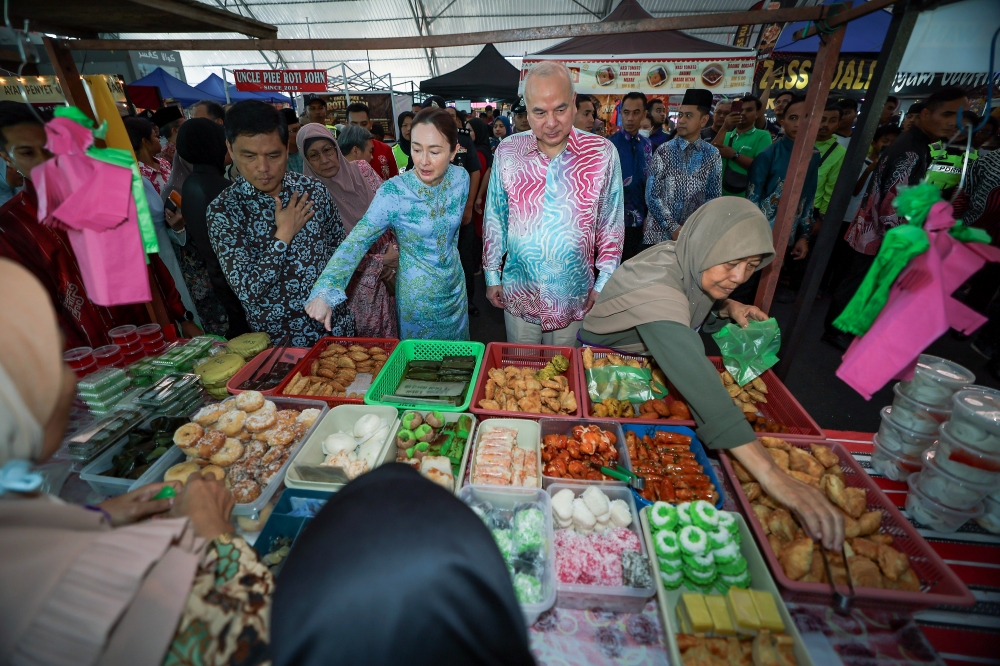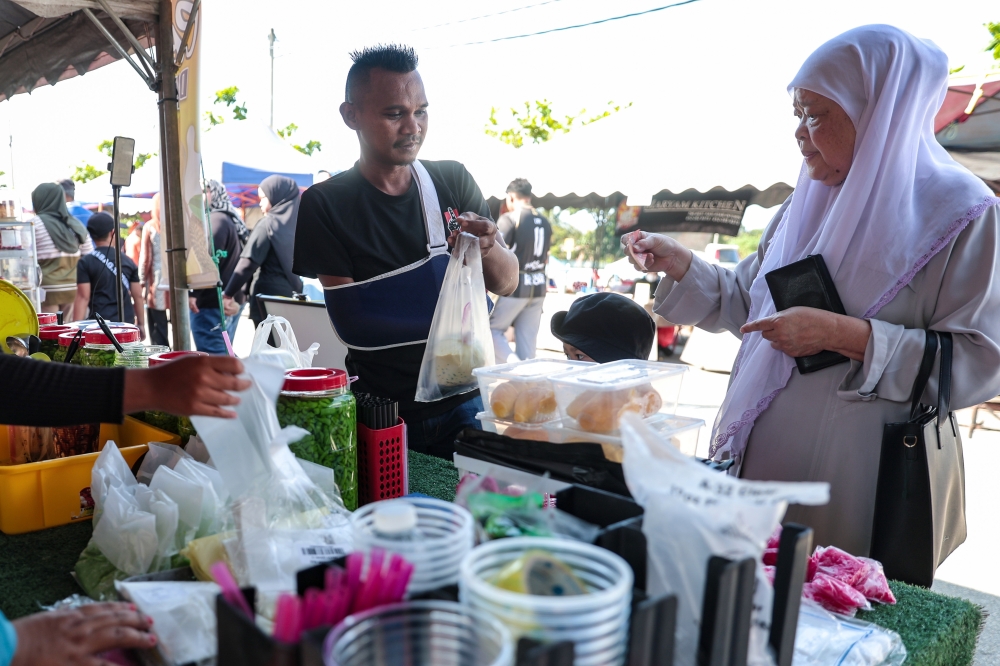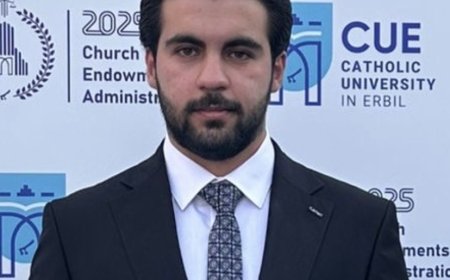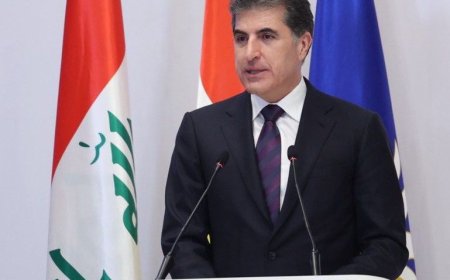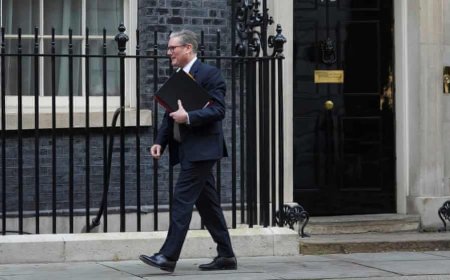"Assessment of Failed Federalism in Iraq: Federal in Name Only"
A review by an EDGE news writer
Failed Federalism in Iraq: Federal in Name Only is a book by Dr. Hemin R.A Akreyi. Published in September 2024 by Routledge (UK), it consists of 222 pages, organised into nine chapters.
To produce this book, the author carried out more than 26 in-depth interviews with key Iraqi Kurds, Arabs (both Shia and Sunni), and Turkmen leaders, alongside prominent decision makers, foreign diplomats, and experts on Iraqi affairs.
This extensive fieldwork is complemented by a rigorous review of over 400 sources, including books, peer-reviewed journals, official statements, and other secondary materials. The combination of first-hand insights and comprehensive research gives this study both academic depth and practical relevance, making it an authoritative contribution to the understanding of Iraq's complex federal experiment.
Dr Akreyi is an adjunct faculty member of the Department of Politics and International Relations at the University of Kurdistan Hewler. His areas of expertise are federalism, foreign policy, oil, security, governance, and public policy. He previously published a book chapter entitled The Paradox of Federalism and the Iraqi Federation, published by Routledge in 2018. This book is essential reading for anyone trying to understand modern Iraq, federal systems, or ethnic conflict management.
There are contributions throughout the work from Nechirvan Barzani, in his role both as President of the Iraqi Kurdistan Region and former Prime Minister of the Kurdistan Regional Government. They provide valuable firsthand accounts of how federal breakdown occurred in practice. His experiences as both Prime Minister and later as President of Iraqi Kurdistan offer unique insights into the practical consequences of constitutional violations. Mr Barzani appears throughout the book as a key witness to the challenges encountered by the Kurdistan Region. His statements provide important insights from someone who lived through these events as a leader.
One of his most significant contributions relates to the budgetary crisis. He reveals how Baghdad used economic pressure as a political weapon. He points out that even in centralised countries, central governments send budgets to their different regions and provinces on a regular basis. Iraq's failure to do so showed that it was not even functioning as a normal centralised state, let alone a federal one.
Failure of the Iraqi federal experiment failure offers important lessons about the challenges of building inclusive government systems in ethnically diverse societies. As such, Dr Akreyi investigates the development of federal relations in Iraq from the adoption of the new Federal Constitution in 2005 to the Kurdistan independence referendum in 2017. One of the book's most important contributions is explaining how different groups in Iraq viewed federalism differently. These different views created serious problems. For the people of the Kurdistan Region, federalism was protection against dictatorship. They had suffered under successive Iraqi governments, including genocidal campaigns under Saddam Hussein. President Nechirvan Barzani, explains this clearly: "Federalism for us means two things: first, taking part in the state's institutions, including financial, military and political institutions. Second, distributing power according to geography. This is the essence of federalism."
Many Arab politicians saw federalism differently. Some viewed it as a dangerous path that could lead to the break-up of Iraq. They worried that giving too much power to regions would eventually lead to separation and the end of Iraqi unity. Among the Arabs, Shia political parties had complex views about federalism. Before 2003, when they were out of power, major Shia parties supported federalism. However, once they gained control of the government in Baghdad, they became less enthusiastic about sharing power. The author provides a clear explanation of the dysfunctional federal system in Chapter 2. If federalism in ethnically diverse countries functions properly, it can strengthen democracy, but if it does not, and autonomy and jurisdiction are denied to the regions, the system will fail.
On the other hand, Dr Akreyi discusses functional federal systems, noting that many specialists in federal studies point to the successful examples of federations such as United States, Canada, and Australia, which enjoy democracy and economic growth while “they preserve a degree of regional or provincial autonomy."
Despite such challenges, the existence of democratic institutions in federations can always be a factor for the success of the system. Dr Akreyi makes a clear case for confederalism. Due to the complexity of the federal system in Iraq and as a result of escalating crises between the Iraqi government in Baghdad and the KRG, a variety of ideas and proposals were put forward by Iraqi Arab and Kurdish politicians to resolve the outstanding issues, including the idea of confederalism. If a federal system fails to be implemented as it should be, a new state will be born either in the form of an independent state or as a confederation. In Chapter 5, summarising the conclusion of post-2003 Iraq, one of the main objectives of drafting the Constitution was to end the dictatorship and the rigidly centralised rule of Baghdad and usher in a new political system aimed at ensuring power and revenue sharing through a federal system. The Constitution was drafted at a time when all Shia and Kurdish political parties supported the process and swift approval of the Constitution so that a new Parliament and government in the post-Saddam era could be elected. The Constitution confirmed Kurdistan's special status by creating a federal system that granted the KRG a large degree of self-rule over the provinces of Duhok, Erbil, and Slemani. However, when the Shia majority assumed power in Baghdad, they gradually worked to concentrate power in Baghdad and violated the principles of federalism. Previously, the Shia had complained about Sunni authoritarian rule in Baghdad that had lasted for almost 80 years, yet ironically, they seemed intent on replicating the same system with themselves now at the helm.
When Iraqi authorities, represented by the Shia majority, consolidated their grip in Baghdad, they realised that the Kurdistan Region was benefiting from the Constitution and especially the federal status for developing the Kurdistan Region. They started to look at the KRG with suspicion and a fear of secession. Therefore, the Iraqi government did not allow the Constitution to be implemented as it should have been. In 2017, nearly 12 years after approving the Constitution, it was observed that 55 out of 144 constitutional articles had been violated by Baghdad. Some articles were key, such as those related to solving the disputed territories issues, establishing the Federation Council, and enacting the hydrocarbon law.
Steps for moving Iraq towards a functioning federal state were blocked during Nouri al-Maliki's two terms in office. The provincial councils of mainly Sunni Diyala and Anbar were deprived of their constitutional right to form their own regions. Baghdad also accused the KRG of violating articles of the Constitution. One of the issues that the Kurdish leadership itself accepts blame for is the lack of a regional constitution for Kurdistan. However, had the federal government implemented the Constitution in letter and spirit, the KRG could not easily have violated a single article. Later, there were calls to amend the Constitution so that centralist rule could be returned to Iraq, and even the new Shia authorities in Baghdad did not believe in the principles of federalism, which was the main reason they did not allow a federalisation programme to be implemented. This led to a practice of de facto confederal status in some sectors, especially oil, foreign relations, and security. Thus, Erbil and Baghdad were moving in opposite directions as the Kurds made every effort not to lose their federal status granted to them under the Constitution, while Iraqi authorities were attempting to move towards centralised rule.
The author argues that the Kurds and Iraqi Arabs had historically different perspectives on autonomy and federalism. The Kurds thought that federalism was a bulwark against a return to authoritarianism in Baghdad, while Iraqi Arabs viewed it as a tool that Kurds would use to secede. Consequently, federalism did not function as intended. As for Article 140, which deals with disputed territories, Iraqi authorities have always had fears about its implications. The issue of Kirkuk had always been a thorny one, and even in the post-Saddam era, Baghdad did not allow the implementation of Article 140 which was supposed to solve these problems through a process that would determine which areas belonged to the Kurdistan Region. Authorities in Baghdad viewed the article with suspicion, believing it would lead to secession. Kurdish national sentiment meant that the Kurdistan Region should encompass all the parts of Iraq that have a Kurdish majority to safeguard this population. They had been subject to expulsion and Arabisation campaigns by successive Iraqi regimes, and protecting Kurdish populations meant bringing them under the rule of the KRG.
After nearly ten years, the Provincial Council of Kirkuk officially asked Baghdad to prepare the ground for a referendum on the future status of the city, but the request was rejected. Subsequently, in 2017, the main political parties, including the KDP and the PUK, decided to include Kirkuk in the Kurdistan independence referendum, and the majority of the Council voted in favour of taking part. A majority of the people in Kirkuk province voted for independence, but the Shia-led government in Baghdad interpreted this move as an illegal secession and resorted to military force. For a feasible solution to implementing Article 140 and to assuage Arab suspicions, the author believes that Kurds should be more realistic and make some concessions.
In Chapter 6, the origins of federalism in Iraq and the Kurdistan Region are explained, that it is hard to bring a federal model from Europe and copy it in Iraq, as each country has its own peculiarities. A federal system should be designed according to the peculiarities of the country, of which Kurds constitute a significant part and have suffered genocidal campaigns under Saddam. Consequently, despite the differences between Kurdish and Arab sides about the concept and many years after approving the Constitution, some Iraqi leaders now regard the Kurdistan Region's federal status as fait accompli, and others still do not want to recognise the federal status of the Kurds that was not respected by the authorities in Baghdad from 2005 to 2017. Thus, as long as the federalisation programme is not implemented in Iraq and both the Sunni and Shia do not achieve federal status, federalism will not function. Not adopting federalism in other parts of Iraq will also harm the Kurdistan Region's federal status. In conclusion, the author examines the origins of federalism in Iraq, the structure of the Kurdistan Region's federalism, and the challenges to its operationalisation. It was introduced by the Kurds and supported by some Shia, especially the Shia-led government opposition parties before 2003, but implementation was blocked by Baghdad.
The Kurdish leadership always held that if the new Iraq did not function as a federal state, the Kurdistan Region could not be a part of it because their rights could not be respected. The Kurdish leadership had never trusted the former Iraqi regimes because, when the 1970 March Agreement was signed and autonomy was granted to the Kurds, Baghdad did not implement its promises. Similarly, despite approving the Constitution and federalism, Iraqi authorities were unwilling to share power and resources and always attempted to limit the powers of the Kurdistan Region. Centralisation ruled, and no big change was felt. Some Iraqi Arab commentators admit that the culture of centralism is not new in Iraq, and even when powers were given to provinces under decentralisation, the authorities in Baghdad sabotaged it. Kurdish leaders argue that it is a fallacy to believe that Iraqi Arab leaders did not understand the notion of federalism because the same elites and parties that agreed on enshrining federalism in the Constitution are in power in Baghdad. When the key Shia parties approved federalism in the post-Saddam era, they were not sure that they could distance the Sunnis from power and assume power themselves. When this became reality and they consolidated their grip on power, they hindered efforts at federalisation, and instead moved towards authoritarianism. Under the Constitution, other provinces could join to form their own regions, but their attempts were blocked by Baghdad. Had Iraq consisted of two federal regions, it would have been better for a functioning federal system, given that federalism requires at least two regions and two councils — a Council of Representatives and a Federation Council. Thus, the Iraqi authorities in Baghdad must take responsibility for not allowing the formation of the second chamber. There was no intention among the Iraqi authorities to implement a federal system.
In Chapter 7, Fiscal federalism, the author mentions that if there had been a hydrocarbon law and a law related to the management and distribution of wealth, the dispute between Erbil and Baghdad would not have happened. If there was a functioning federal system in Iraq, the government in Baghdad would not have cut the constitutionally guaranteed KRI budget in 2014, and Kurdistan was not dealt with even as a province in a central state because central states usually send a budget to their provinces regularly.
The withholding was "[t]he most severe blow to the federal system in Iraq and it contributed greatly to independence-inducing because it created economic disparities and grievances as well."
In the conclusion of Chapter 7, the author points to the challenges of operationalising fiscal federalism, after the KRG reached a deadlock in its negotiations with Baghdad to release its budget, it started to export oil independently at the end of May 2014. Had the KRG not done so, it would have collapsed completely, especially after the rise of ISIS in June 2014, the sudden drop in oil prices, and nearly two million Iraqi and Syrian (Internally Displaced Persons) IDPs and refugees seeking shelter in the Kurdistan Region. Finally, all available data demonstrate that the Kurds, from the very beginning, worked on decentralising the oil sector in the whole of Iraq. This would also have benefited the southern city of Basra, which produces the highest proportion of Iraqi oil.
Aside from oil revenues, the Kurds did not want Baghdad to control the oil sector in Kurdistan, fearing a repeat of history under Saddam, who sold oil and bought weapons and then used them against the Kurds. Finally, federalism, from the Kurdish perspective, is about sharing power and wealth and was originally postulated to avoid dictatorship and centralisation in post-Saddam Iraq. However, the Iraqi Arab authorities viewed federalism as a tool that Kurds would use to secede and so tried to undo key decentralising tenets of the Constitution, while Kurdish leaders viewed such efforts as evidence of Arab intent to reinstall centralised authoritarian Arab rule.
In Chapter 8, the security challenges to federalism and threats of secession are discussed, alongside the effect of three key interlinked themes on the governance system in general and Iraqi federalism in particular. The different phases of violence, insurgency, and the emergence of ISIS harmed federalism and ultimately pushed the Kurds towards a referendum. Sectarian war, insurgency, and the poor governance that Iraq experienced after 2003 badly affected the overall political system in Iraq. The sectarian conflicts on the streets were reflected in political wrangling in the Iraqi government and Parliament, and those disputes produced a dysfunctional political environment that did not help the federalisation programme succeed. Rebuilding Iraq after 2003 started with violence, insurgency, sectarian war, and poor governance, while the Kurdistan Region, as a federal region and a quasi-state before 2003, irrespective of some shortcomings and issues, enjoyed good security, prosperity, and development in all sectors. Consequently, all the issues related to poor governance, sectarian war, the US withdrawal from Iraq, and the rising power of militias in the rest of Iraq contributed to not respecting the Constitution and the federal system; therefore, the Kurdistan Region was pushed towards independence.
Final concluding remarks: This book by Dr Hemin Akreyi concludes that Iraq, as a state between 2005 and 2017, never turned into a proper federal system, as the authorities in Baghdad did not believe in the system but only in centralisation. A functioning federal system requires federalists, and this is missing in Iraq.
Thus, Iraq is a federal state in name only. As for Kurdistan, federal arrangements did help the Region to have political resources and build a state structure, but these were not the main causes promoting independence. Instead, not properly implementing the Constitution and not sharing power and revenue contributed to pushing the Kurds towards independence.
The overall situation in Iraq, especially issues related to poor governance, instability, and the rising power of militia groups, also contributed to distancing Erbil from Baghdad.
If the main Shia and Sunni factions want Iraq to remain stable and united, they should first redefine federalism for Iraq and allow the system to be implemented across the whole country as enshrined in the Constitution. Given the previous experience between 2005 and 2017, the Kurds should be given asymmetrical, federal status. In the meantime, for a functioning federal system, at least two federal regions and two councils — a Council of Representatives and a Federation Council — are required. The latter remains absent in Iraq. The Iraqi government and the KRG should also respect and implement the Constitution and amend it by consensus. If not, Erbil and Baghdad relations should be organised on a confederal basis; otherwise, Iraq will remain unstable and the Kurdistan Region, at least in the short term, will practice de facto confederalism or a quasi-state with its current boundaries, like during the pre-2003 period.

